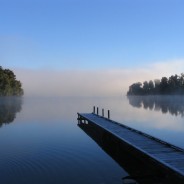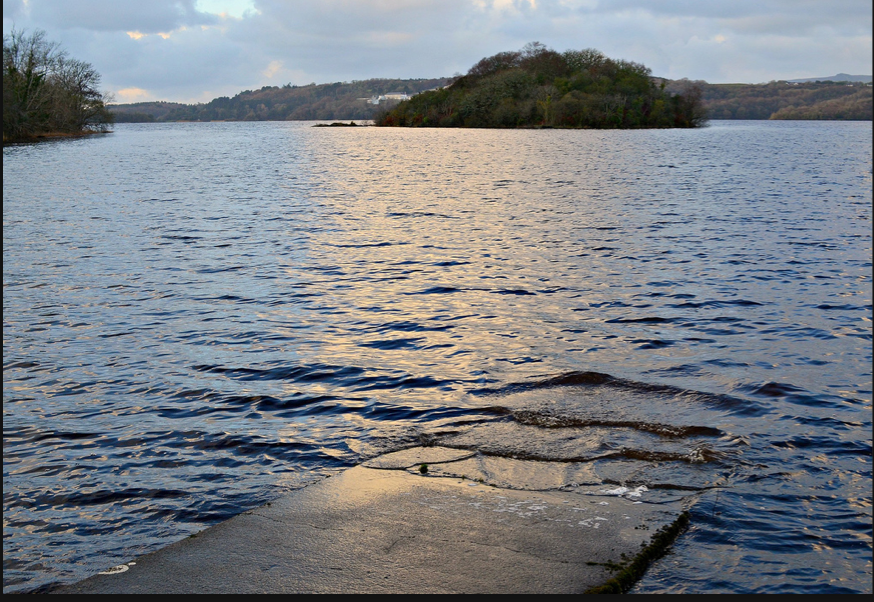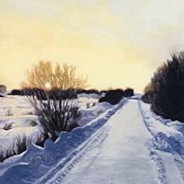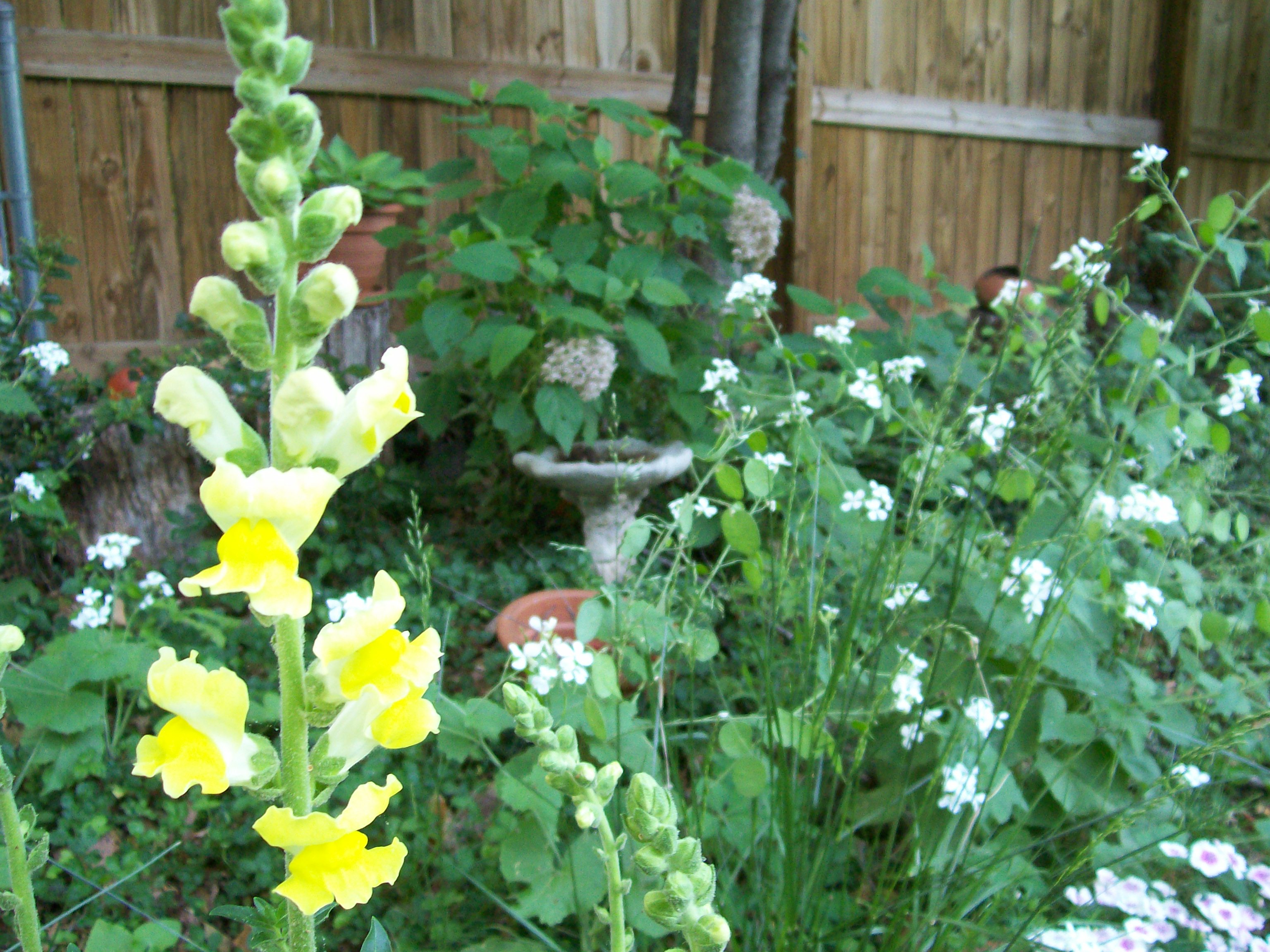What to do with the salt of suffering?
Sometimes when I’m at a loss for words it helps to come across other’s words, and just this morning I came across a treasure trove of poems at, of all places, a website of the Frye Museum, an art museum in Seattle, where they hold a weekly mindfulness meditation session on Wednesdays, and have published some poems and pieces they’ve used at these sessions. Here is one piece that seems particularly illuminating this morning. It’s not a poem, but it’s like a poem—a healing story as short as any poem. It’s not attributed to anyone. At another source I found it attributed to a Hindu master. Here’s the story: An aging master grew tired of his apprentice’s complaints. One morning, he sent him to get some salt. When the apprentice returned, the master told him to mix a handful of salt in a glass of water and then drink it. “How does it taste?” the master asked. “Bitter,” said the apprentice. The master chuckled and then asked the young man to take the same handful of salt and put it in the lake. The two walked in silence to the nearby lake and once the apprentice swirled his handful of salt in the water, the old man said, “Now drink from the lake.” As the water dripped down the young man’s chin, the master asked, “How does it taste?” “Fresh,” remarked the apprentice. “Do you taste the salt?” asked the master. “No,” said the young man. At this the master sat beside this serious young man, and explained softly, “The pain of life is pure salt; no more, no less. The amount of pain in life remains exactly the same. However, the amount of bitterness we taste depends on the container we put the pain in. So when you are in pain, the only thing you can do is to enlarge your sense of things. Stop being a glass. Become a lake.” How can writing be used to enlarge one’s sense of things? Is it possible that the more we write–and the more we try to encompass in our writing–the larger we become? How can writing be used to become a lake? The photo is of Lake Mapourika in New Zealand and is by Richard...
read more




